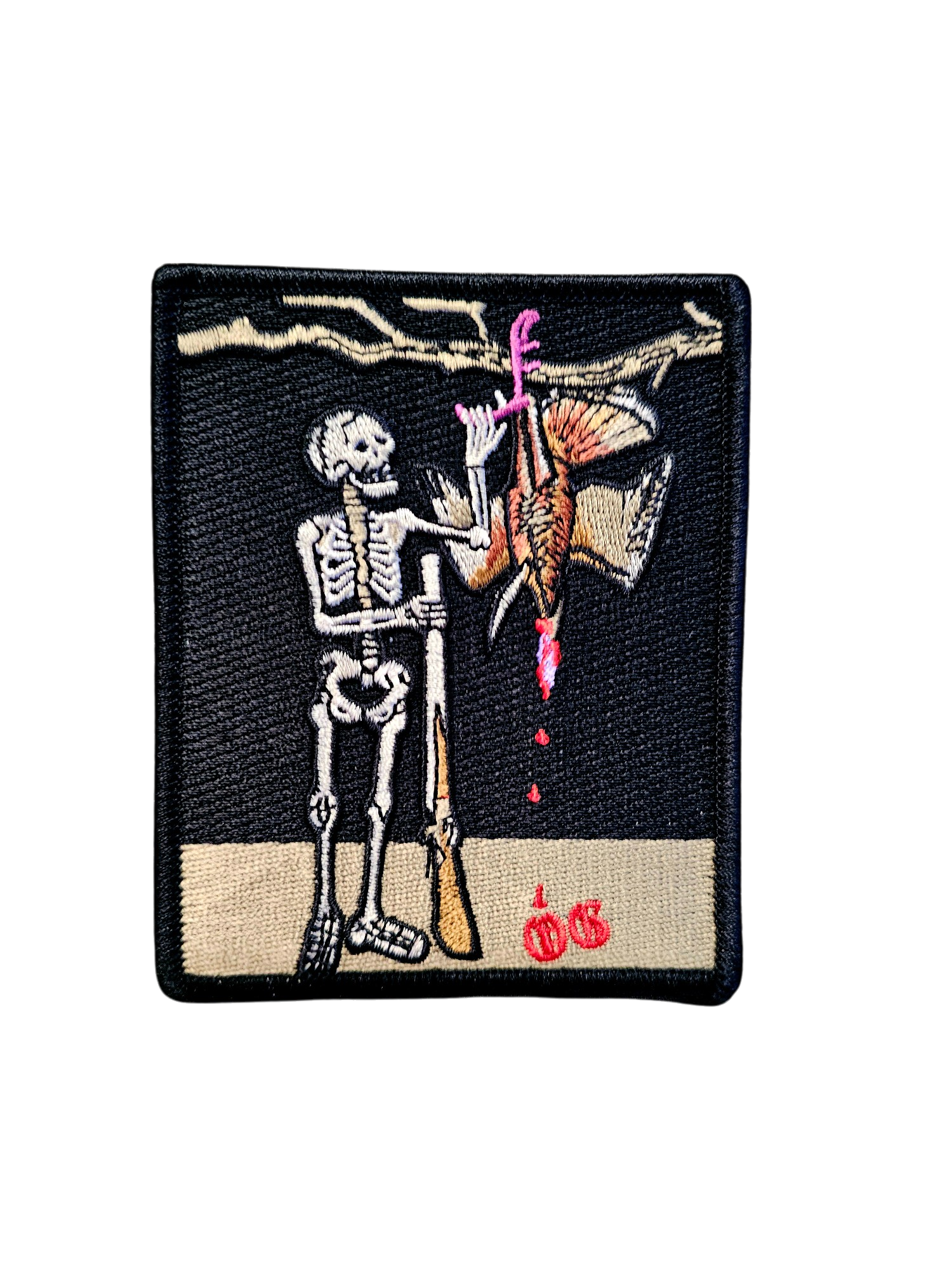        |
Short vs long yelpsStarted by ThunderChickenGetter, March 28, 2016, 10:22:40 PM Previous topic - Next topic
User actions
|
        |
Short vs long yelpsStarted by ThunderChickenGetter, March 28, 2016, 10:22:40 PM Previous topic - Next topic
User actions
|